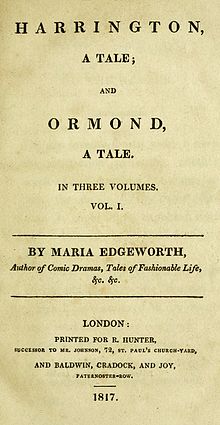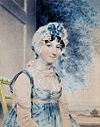
Jacobitism was a political ideology advocating the restoration of the Catholic House of Stuart to the British throne. When James II of England chose exile after the November 1688 Glorious Revolution, the Parliament of England ruled he had "abandoned" the English throne, which was given to his Protestant daughter Mary II of England, and her husband William III. On the same basis, in April the Scottish Convention awarded Mary and William the throne of Scotland.

Thomas Boleyn, Earl of Wiltshire, 1st Earl of Ormond, 1st Viscount RochfordKGKB, of Hever Castle in Kent, was an English diplomat and politician who was the father of Anne Boleyn, the second wife of King Henry VIII, and was thus the maternal grandfather of Queen Elizabeth I. By Henry VIII he was made a knight of the Garter in 1523 and was elevated to the peerage as Viscount Rochford in 1525 and in 1529 was further ennobled as Earl of Wiltshire and Earl of Ormond.

James FitzJames Butler, 2nd Duke of Ormonde, (1665–1745) was an Irish statesman and soldier. He was the third of the Kilcash branch of the family to inherit the earldom of Ormond. Like his grandfather, the 1st Duke, he was raised as a Protestant, unlike his extended family who held to Roman Catholicism. He served in the campaign to put down the Monmouth Rebellion, in the Williamite War in Ireland, in the Nine Years' War and in the War of the Spanish Succession but was accused of treason and went into exile after the Jacobite rising of 1715.

Lieutenant-General James FitzThomas Butler, 1st Duke of Ormond, KG, PC, was an Anglo-Irish statesman and soldier, known as Earl of Ormond from 1634 to 1642 and Marquess of Ormond from 1642 to 1661. Following the failure of the senior line of the Butler family, he was the second representative of the Kilcash branch to inherit the earldom.
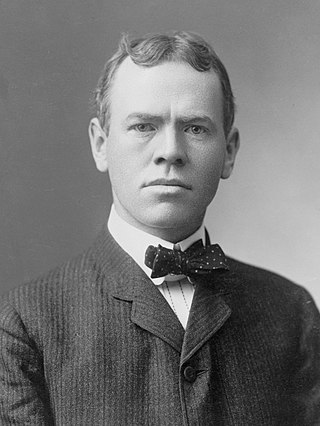
James Brendan Bennet Connolly was an American athlete and author. In 1896, he was the first modern Olympic champion.

Cyril Vernon Connolly CBE was an English literary critic and writer. He was the editor of the influential literary magazine Horizon (1940–49) and wrote Enemies of Promise (1938), which combined literary criticism with an autobiographical exploration of why he failed to become the successful author of fiction that he had aspired to be in his youth.
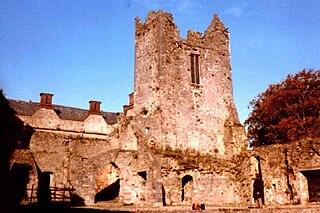
Ormond Castle is a castle on the River Suir on the east side of Carrick-on-Suir, County Tipperary, Ireland. The oldest part of the existing castle is a mid-15th century walled bawn, cornered on the northeast and northwest by towers.

Connolly station or Dublin Connolly is the busiest railway station in Dublin and Ireland, and is a focal point in the Irish route network. On the North side of the River Liffey, it provides InterCity, Enterprise and commuter services to the north, north-west, south-east and south-west. The north–south Dublin Area Rapid Transit (DART) and Luas red line light rail services also pass through the station. The station offices are the headquarters of Irish Rail, Iarnród Éireann. Opened in 1844 as Dublin Station, the ornate facade has a distinctive Italianate tower at its centre.
Events from the year 1998 in Ireland.

The Battle of Scarrifholis, also spelt Scariffhollis was fought on 21 June 1650, near Letterkenny in County Donegal during the Cromwellian conquest of Ireland. A force loyal to the Commonwealth of England under Charles Coote defeated the Catholic Ulster Army, commanded by Heber MacMahon, Roman Catholic Bishop of Clogher.

Strumpet City is a 1969 historical novel by James Plunkett set in Dublin, Ireland, around the time of the 1913 Dublin Lock-out. In 1980, it was adapted into a TV drama by Hugh Leonard for RTÉ, Ireland's national broadcaster. The novel is an epic, tracing the lives of a dozen characters as they are swept up in the tumultuous events that affected Dublin between 1907 and 1914.

Street & Smith or Street & Smith Publications, Inc., was a New York City publisher specializing in inexpensive paperbacks and magazines referred to as dime novels and pulp fiction. They also published comic books and sporting yearbooks. Among their many titles was the science fiction pulp magazine Astounding Stories, acquired from Clayton Magazines in 1933, and retained until 1961. Street & Smith was founded in 1855, and was bought out in 1959. The Street & Smith headquarters were at 79 Seventh Avenue in Manhattan; they were designed by Henry F. Kilburn.

Dr John Connolly is an Irish writer who is best known for his series of novels starring private detective Charlie Parker.
James Butler, 4th Earl of Ormond was the son of James Butler, 3rd Earl of Ormond. He was called 'The White Earl', and was esteemed for his learning. He was the patron of the Irish literary work, 'The Book of the White Earl'. His career was marked by his long and bitter feud with the Talbot family.
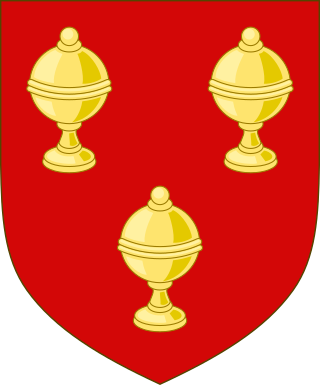
Lady Margaret Boleyn was an Irish noblewoman, the daughter and co-heiress of Thomas Butler, 7th Earl of Ormond. She married Sir William Boleyn and through her eldest son Sir Thomas Boleyn, was the paternal grandmother of Anne Boleyn, second wife of King Henry VIII of England, and great-grandmother of Anne and Henry's daughter, Elizabeth I of England.

Horizon: A Review of Literature and Art was a literary magazine published in London, UK, between December 1939 and January 1950. Published every four weeks, it was edited by Cyril Connolly, who made it into a platform for a wide range of distinguished and emerging writers. It had a print run of 120 issues or 20 volumes.
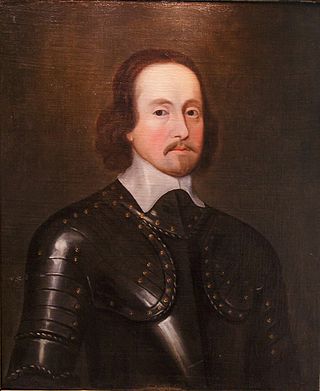
The Battle of Lisnagarvey was fought on 6 December 1649, near Lisnagarvey during the Irish Confederate Wars, an associated conflict of the 1638 to 1651 Wars of the Three Kingdoms. Forces loyal to the Commonwealth of England defeated an army supporting Charles II of England, composed of Royalists and Scots Covenanters.
John Parker was a Church of Ireland clergyman who came to prominence after the English Restoration, first as Bishop of Elphin, then as Archbishop of Tuam and finally as Archbishop of Dublin and Primate of Ireland.
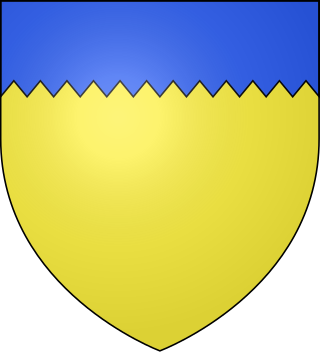
Butler is the name of a noble family whose members were, for several centuries, prominent in the administration of the Lordship of Ireland and the Kingdom of Ireland. They rose to their highest prominence as Dukes of Ormonde. The family has produced multiple titles such as Baron Cahir, Baron Dunboyne, Viscount Ikerrin, Viscount Galmoye, Viscount Mountgarret, Viscount Thurles, Earl of Carrick, Earl of Kilkenny, Earl of Ormond, Earl of Ossory, Marquess of Ormonde and Duke of Ormonde. Variant spellings of the name include le Boteler and le Botiller. The Butlers were descendants of Anglo-Norman lords who participated in the Norman invasion of Ireland in the 12th century. The surname has its origins in the hereditary office of "Butler (cup-bearer) of Ireland", originating with Theobald Walter, 1st Chief Butler of Ireland. The arms of later family members depicted three cups in recognition of their original office.
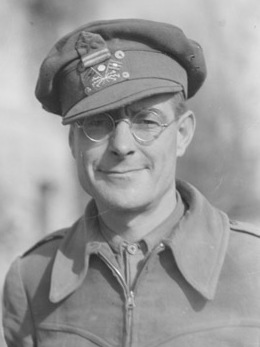
Patrick Joseph Read, was an Irish Anarchist who served in World War I, the Irish Civil War and the Spanish Civil War. He is sometimes incorrectly called Reid or Reade.
